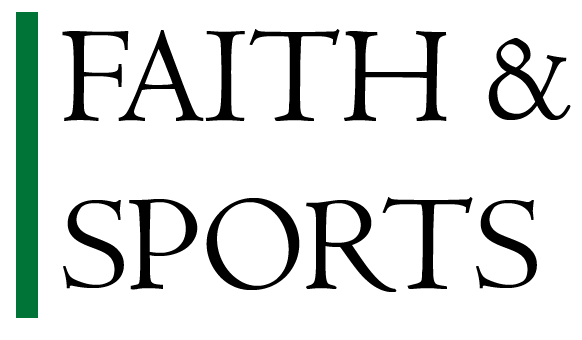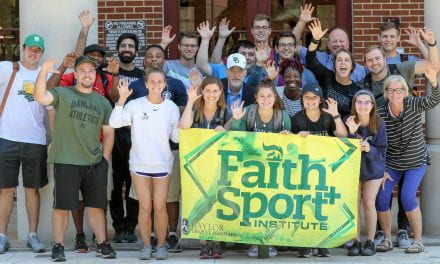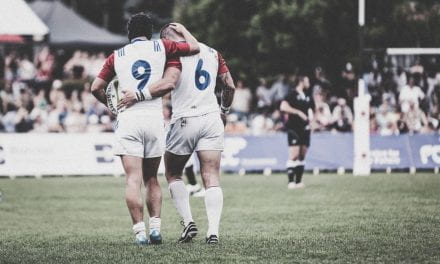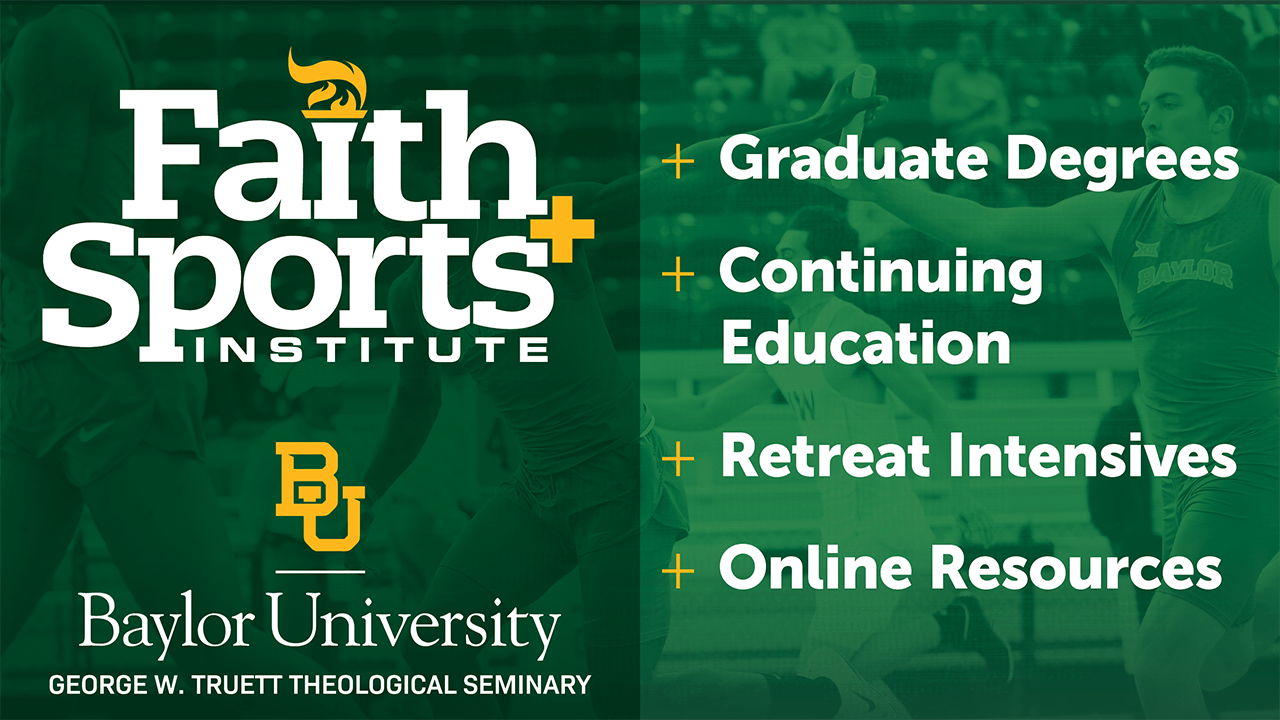John White
Do Lance Armstrong’s wins and losses fall within the untainted categories of either virtues or vices? Is he a courageous or cowardly person? Hero or hypocrite?
Ask sports columnist Christine Brennan and she’ll tell you “hypocrite.” Writing in USA Today after episode one of ESPN’s 30 for 30 documentary on Lance Armstrong, Brennan described him as “the most despicable cheater in sports history…The jury is not out on what kind of person Armstrong is.” She puts Lance in first place in the Hall of Shame.
Or take the opposite end of the spectrum where some hold that, in spite of his indiscretions, Lance’s achievements put him in the class of heroes. One such advocate, fellow cancer survivor Scott Joy, sees Lance’s determination and resiliency as worthy traits to uphold in his own purpose in life.
For many it seems bad and good are the only two ways of judging Lance. But while absolutist thinking makes for provocative speeches and good fodder for social media debates, it is an oversimplification. It does not help us navigate the intricacies of life and the labyrinths of our own souls.
What if, instead, we saw Lance Armstrong as both splendidly gifted and sadly guilty? Virtuous and vicious? What if we saw his story as a lens into our own?
The real issue, for Lance and for us, is whether we can even see the truth of ourselves mirrored in others’ entire yet fractured identities, purposeful yet painful pursuits, faithful yet fraudulent relationships, and healthy yet wounded bodies. Learning from Lance’s story might help us see our whole selves—the desires, fears, and passions that move us to act, live, love, hate, and relate.
In LANCE, directed with editorial control by Marina Zenovich, we get a “warts and all” understanding of Lance that defies his deification. We get an invitation into a self-examination can help us to taste the sweet and bitter truths about our shared summits and valleys as human beings. What might the truths of Lance’s ascents and descents teach us about our own triumphs and tragedies?
Ascent Truths
Lance excelled and won races even before he took drugs. In episode one the story line enumerates Lance’s athletic successes as a triathlete and then a cyclist. Athletic prowess in the service of sacrifice and self-discipline makes for excellent athletes.
Lance’s childhood and upbringing was fraught with adversities and misfortunes. Lance’s biological father left him. After his parents divorced, his mother, Linda (seventeen years old at the time), raised him alone. Later his stepfather, Terry Armstrong (who adopted Lance), mistreated him. A taskmaster with a military background, Terry pushed Lance to excel but he didn’t demonstrate love, rarely offering even the small but important gesture of a hug. No doubt that Lance’s lack of attachment and bonding subtracted from him having a secure base from which to love and be loved.
Yet instead of being destroyed by these heartbreaks Lance turned his pain to fight for his place in this world. James Baldwin comments that such is the strange way of love. “Love is a battle, love is a war; love is a growing up.”
Lance fought and survived testicular cancer despite having just a 10% -30% chance of beating the disease. He translated his athletic prowess and the “against” element of cycling into the strengths of character and competitive drive needed to combat and spar with cancer. During his chemotherapy Lance even found a way to push himself to still ride and train.
The monk and mystic Thomas Merton says, “Souls are like athletes that need opponents worthy of them, if they are to be tried and extended and pushed to the full use of their powers.” Cancer—not competing against other cyclists—became his worthy contender to try his soul and extend his self. Lance’s oncologist, Dr. Einhorn, told Lance “that his legacy will not be his athletic prowess, but what he has done for the cancer community.” We see this legacy in episode two when Lindsay Beck, fellow survivor of a rare tongue cancer, explained the ways that Lance inspired hope for a generation of young adults with cancer.
General courage aptly describes the habits and traits forged in Lance’s cancer crucible, his competitive strivings, and in his response to his flawed caregivers. Fortitude compelled him to conquer his fears, especially the fear of death and the fear of being controlled and violated by others such as his stepfather, and to gut it out to face and overcome other obstacles in his ascents to the top.
Descent Truths
In his quest to reach the top Lance also cheated and lied about his use of performance-enhancing drugs. And when confronted he steadfastly denied the truth and vindictively resorted to besmirching others’ reputations while bullying his friends, teammates, and whistleblowers. This is behavior that belongs to the capital vices, traits that corrosively undermine our and Lance’s attempts to be and do good.
Lance’s vainglory and pride demanded that he be superior and protect his image as an American cyclist, cancer survivor, corporate brand protector, and charity founder. His shadow, disintegrated self so desired to be approved by others that he did whatever it took to maintain his own glory. This kind of glory-seeking mirrors what is worst in us. Lance’s narcissistic impulse led him to steal the glory and the goods—both tangible and symbolic—related to Tour De France championships. Instead of sports being a fair, freely-chosen, and mutual quest toward excellence, Lance acted like a thief; he wrongfully gained the yellow jersey by breaking the spirit and letter of the rules.
In episode one Lance even confesses that he would not rule out the possibility that his use of growth hormones might have caused his cancer. If true, Lance’s theft not only injured, spurned, and burned his best friends, but Lance’s rashness also vandalized and abused his own body. He became enslaved to the glory and goods which he could not resist taking. The very thing Lance loved almost killed him.
In the end, vainglory and pride are “anti-others” and “anti-self” for these vices are overzealous in competition and hostile toward the world. Sally Jenkins and Lance were right when they titled their co-authored book It’s Not about the Bike. A more appropriate title for Lance’s descent truth—words that past teammate, Floyd Landis, used to describe Lance in the documentary—is It’s All about Me.
Lance’s wounds and wins are a maddening combination of vices and virtues. And we should not let them go to waste. When we truly examine our souls, we wage battle against the vices and ego that so easily consume us; we allow ourselves to pursue healthier, better paths. The real question when it comes to Lance, then, is not “Is he a hero or zero?” but rather, “What can I learn about my own life from his ascent and descent?”
It’s a question for Lance, too. He still has the opportunity to learn and grow, to take a superior route—not soloing off the front for stage wins, but as a domestique or rouleur for the good of others in the races of life.
 About the author: John White is Associate Professor and Faculty Director of the Faith and Sports Institute at Baylor University. A widely recognized expert on the intersection of sports and Christianity, he received his PhD from The University of Edinburgh where he studied moral theology. Prior to that, he spent nearly two decades serving in sports chaplaincy and ministry in a variety of different contexts. If you are interested in studying theology and sports, sports chaplaincy, or sports ministry, consider joining John in Truett Seminary’s Sports Ministry Program.
About the author: John White is Associate Professor and Faculty Director of the Faith and Sports Institute at Baylor University. A widely recognized expert on the intersection of sports and Christianity, he received his PhD from The University of Edinburgh where he studied moral theology. Prior to that, he spent nearly two decades serving in sports chaplaincy and ministry in a variety of different contexts. If you are interested in studying theology and sports, sports chaplaincy, or sports ministry, consider joining John in Truett Seminary’s Sports Ministry Program.






